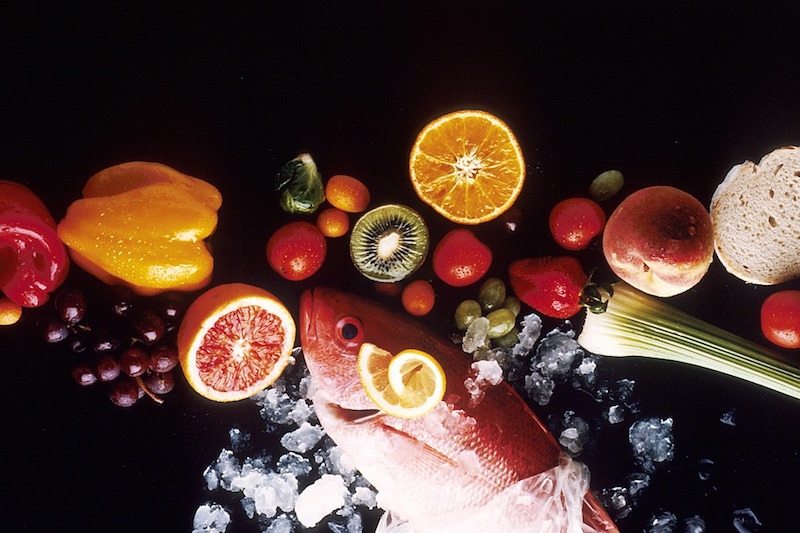As the philosopher Feuerbach once said, “you are what you eat.” Therefore it shouldn’t be surprising to hear that there’s a strong link between diet and health.
Eating various types of foods, sparingly, and several times a day helps us to live longer, and helps prevent diabetes, cancer, and cardiovascular disease.
The false claims about food
Countless new diets are proposed each year. Many of these are based on the complete elimination of one or more categories of nutrients deemed to be “bad for you”:
- Carbohydrates: these are often the first to be put on trial, accused of making us fat. The truth, however, is that people obtain energy precisely by burning carbohydrates. Therefore, they shouldn’t be eliminated entirely, but we should however reduce our consumption of sweets and alcohol in favour of whole grains.
- Animal protein and red meat: the results of a research study indicating that red meat is carcinogenic have recently been making the rounds. The truth, however, isn’t quite that simple: red meat can potentially cause cancer if consumed in excessive amounts and if associated with other risk factors. Animal proteins should not be eliminate at all costs, as this would pose a risk of serious nutritional deficiencies. Our consumption of red meat, however, should be limited to less than once a week.
The Mediterranean diet: tradition and health
The Mediterranean diet is both a culinary style and a lifestyle. In fact, it is considered an extremely important element of historical and cultural heritage. This type of diet is widespread among most of the countries bordering on the Mediterranean Sea: Italy, Spain, Portugal, Greece, Cyprus, and Morocco. This diet is ideal for preventing arteriosclerosis, heart disease, hypertension, diabetes, and cancer, especially of the digestive system.
The food pyramid for the Mediterranean diet is as follows:
- Carbohydrates are permitted, so bread and pasta are allowed, though preferably whole grain. These should constitute the base of the diet.
- Large amounts of fruits, vegetables and legumes are recommended. These foods contain vitamins, proteins, and fibres, which promote bowel motility. It is recommended to consume multiple portions of fruits and vegetables per day.
- Extra virgin olive oil is considered the condiment par excellence. Milk and dairy products can be consumed daily, but no more than once a day.
- Fish and eggs are permitted, as they are low in fat and provide for the intake of animal proteins.
- It is preferable to consume white meat than red meat. White meat can be eaten 2 or 3 times a week, red meat less frequently.
- Limit the consumption of sweets and hard alcohol
- One glass of red wine, which is rich in antioxidants, is permitted each day.
Due to its wide variety and health benefits, the Mediterranean diet has been added to the UNESCO Cultural Heritage list.
The Sardinia of the supercentenarians
In Italy, there is one particular geographical area with a high density of elderly people: Sardinia.
In fact, this region, together with the Japanese island of Okinawa, boasts the highest percentage of supercentenarians.
What are the secrets to the Sardinian people’s longevity? The genetic factor certainly has something to do with it, as does the microclimate and the greater level of physical activity among the elderly residents, who remain active in cultivating the land and raising animals.
This guarantees the consumption of high quality food. In fact, according to recent studies, Sardinian wine appears to contain large amounts of antioxidants. According to ongoing research, Sardinian cheeses have bacilli with evident probiotic activity.
“Pane, casu and binu a rasu” (bread, cheese and full glass of wine): that’s the recipe for living a good long life, according the Sardinians!



